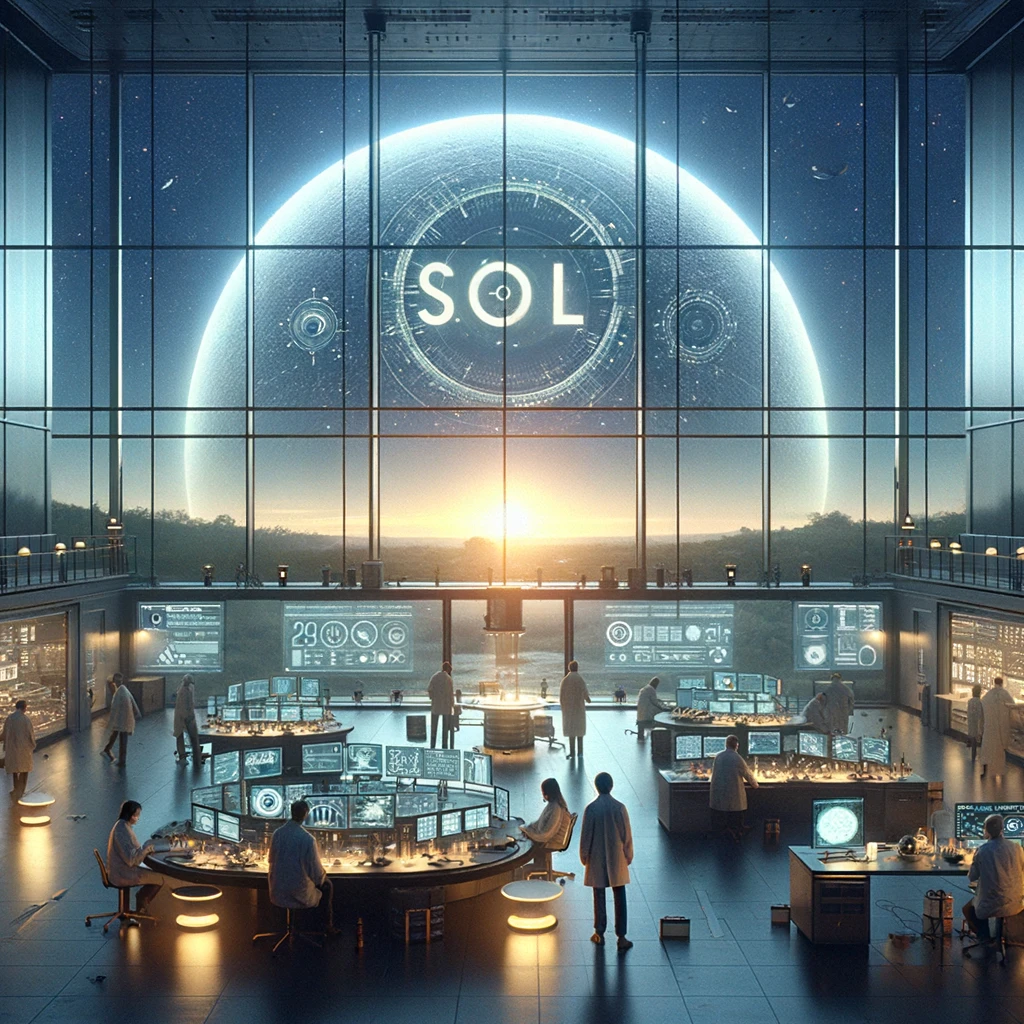The Sol Foundation

The Sol Foundation has positioned itself at the forefront of Unidentified Aerial Phenomena (UAP) research, acknowledging a pivotal shift in the academic and public perception of UAPs following more open acknowledgment by the U.S. government. This change has transformed UAP from a fringe topic to a subject of significant scientific and intellectual inquiry, with profound implications across a spectrum of disciplines including science, technology, politics, and culture. The Foundation is dedicated to pioneering comprehensive research in this field, drawing on the expertise of academic and government professionals already engaged in UAP studies.
The use of “Sol,” implying the sun or a source of light, metaphorically signify enlightenment, discovery, or illumination in the context of uncovering knowledge about UAPs and their implications for humanity. The name “The Sol Foundation” suggests an organization that aims to shed light on complex phenomena, providing clarity and understanding in a field that has historically been shrouded in mystery, darkness and speculation.
Under the leadership of notable figures like Dr. Garry Nolan and Dr. Peter Skafish, The Sol Foundation is assembling multidisciplinary teams from the natural and social sciences, humanities, and technology sectors to conduct methodical and advanced research into UAPs and their wider implications. This initiative is not just about understanding UAPs themselves, but also about exploring their potential impact on human understanding of various aspects of life and the universe.
The Foundation’s mission extends beyond academic research. It aims to be a leading source of scientific and policy research on UAPs, providing advisory services to governments and corporate entities, and offering insights to the public on the cosmological and political implications of UAPs. This includes fostering a socially responsible approach to UAP research and promoting public transparency and informed democratic oversight in government engagements with UAPs.
The Sol Foundation’s ambitious research agenda for 2024-2025 spans the natural sciences, social sciences, humanities, and engineering, aiming to explore the implications of UAPs for understanding physics, matter, and the effects on human societies and institutions. This involves supporting studies on the material components of UAPs, their propulsion technologies, and the effects of human exposure to them, as well as exploring the impact of UAP reality confirmation on human societies, cosmologies, and political systems.
Leading the Foundation’s vision, Dr. Garry Nolan, a renowned Stanford University professor with a distinguished career in pathology and biotechnology, brings his expertise in scientific research and innovation to the Foundation’s mission. Alongside him, Dr. Peter Skafish, a sociocultural anthropologist with a rich background in studying the diversity of human thought and experience, contributes his anthropological and philosophical insights into the potential nature and implications of nonhuman intelligences associated with UAPs.
Dr. Diana Walsh Pasulka, a professor of religious studies with a focus on the intersection of religion and technology, especially in the context of UAPs, brings her scholarly expertise to the Foundation’s advisory board. Her work emphasizes the cultural and religious dimensions of UAPs, further enriching the Foundation’s multidisciplinary approach.
The Sol Foundation, through its comprehensive and multidisciplinary research initiatives, aims to lead the way in understanding the complex and potentially transformative phenomena of UAPs, contributing not only to academic knowledge but also to public policy and societal understanding of these enigmatic occurrences. For more information, visit The Sol Foundation official website.


